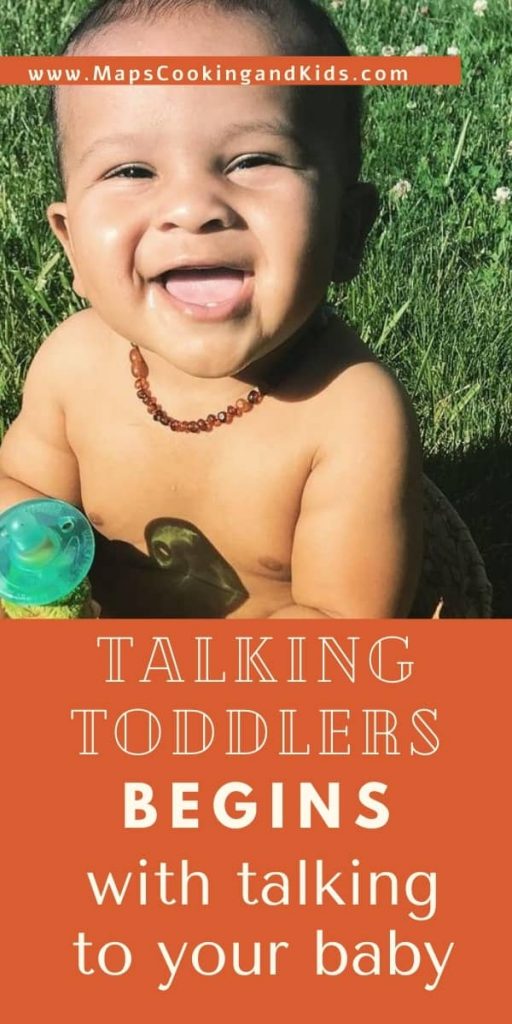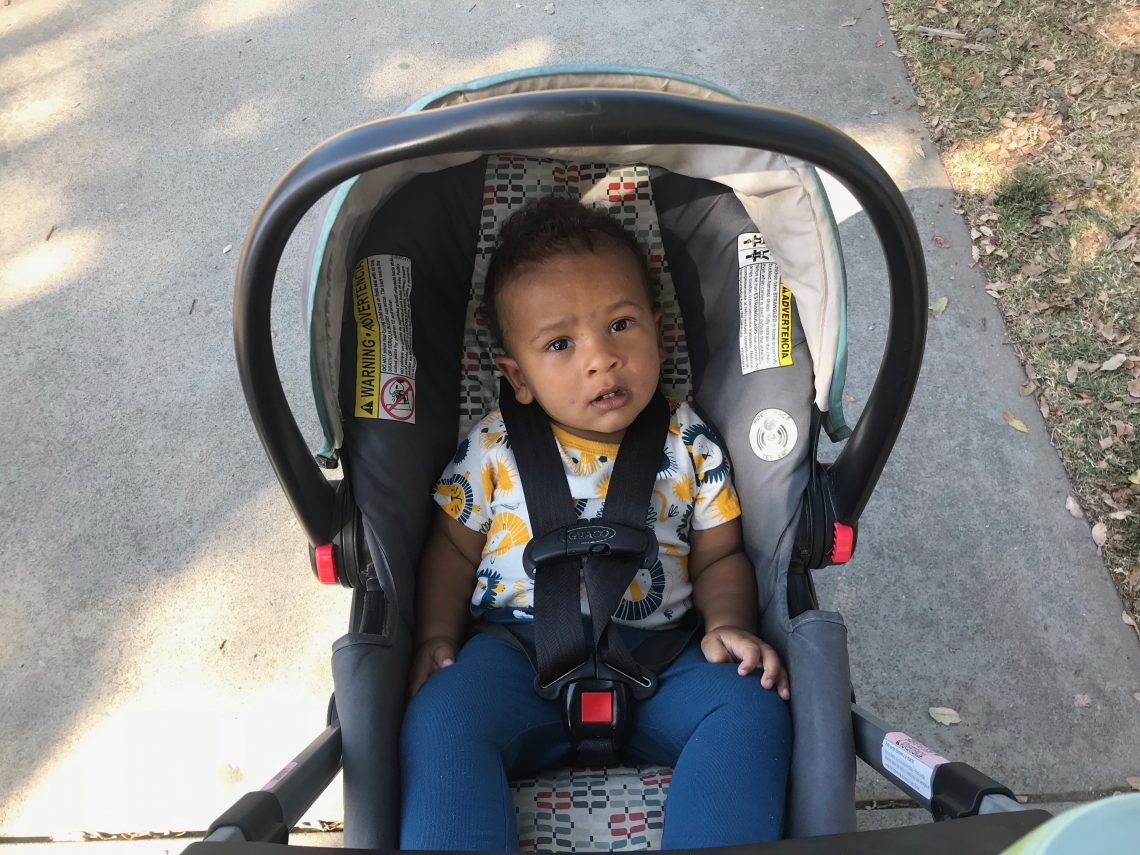
Talking Toddlers, Begins with Talking to Your Baby
Did you know there are benefits to talking to your infant before they become toddlers?
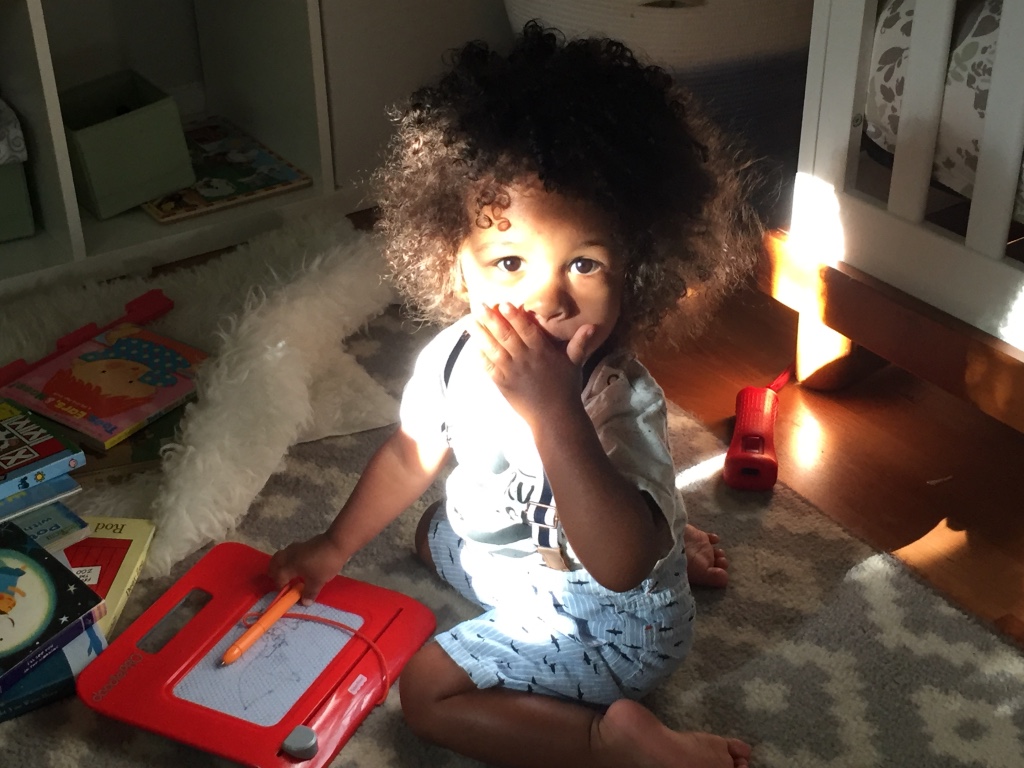
Do you ever look into your baby’s eyes as you speak to them and wonder if they understand what you are telling them? Chances are they understand a lot more than you realize. Even though little ones might not be able to verbalize much until they are at least 12 months old, they understand plenty, which is why it is so important to talk to them often.
Toddler Communication
When my twins were toddlers, I used to talk to them all the time about anything from what we were going to have for lunch to what color their socks were. I was always pointing out numbers, shapes, and colors and explaining to them how different things worked. I knew there was a good chance they didn’t understand it all at the moment, but I also knew they would eventually if I kept at it.
I will never forget the time my husband and I were sitting on the couch and our 18 month old son came up to me and tried to hand me his sippy cup because he was all done with it. As an experiment, I told him to please go put it in the kitchen sink. My husband and I watched him go into the kitchen, reach over his head, and drop his cup into the sink. Then we gave each other a look of happy bewilderment. He actually understood what we were saying even though he could not speak much yet himself! It was just the confirmation we needed.
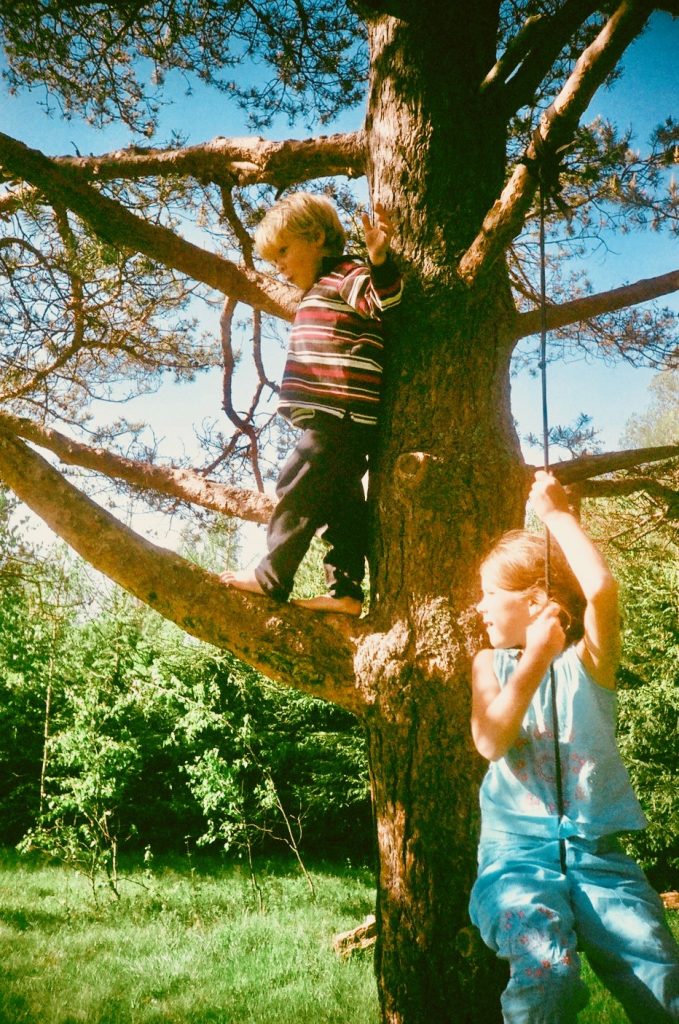
Talking to your Toddlers
As my kids got a little older and I watched their vocabularies blossom, I continued to take the time to explain things to them, even things that others might think would go over their heads. If I told them not to do something, I explained why. Every time we got in the car, I told them where we were going.
One of the things I figured out early on was that if I explained to them what we were going to do that day, where we were going to go, and who we were going to see, they were less likely to throw a tantrum because they knew what to expect.
Some might be too busy to sit their children down and explain the day’s plans or might think the children are too young to understand. But a child who is playing happily at the park is more likely to become upset and throw a tantrum when they are suddenly told “It’s time to go, let’s get in the car!” However, a child who has been told “We’re going to play at the park for just a little while and then we’re going to go have lunch with grandma and grandpa,” is a lot more likely to receive the news well when it’s time to go because they knew it was coming and they know what’s coming next.
Explain Things to Child
Explaining things to your child has a twofold purpose. Not only does it allow him or her to learn new vocabulary words and to eventually understand what you are telling them, but it also allows them to become accustomed to good communication and to build their own communication skills. When your child knows that mom or dad will explain to them how something happened or why they didn’t get their way, they will be more likely and able to communicate their thoughts and feelings to you as they get a little older.
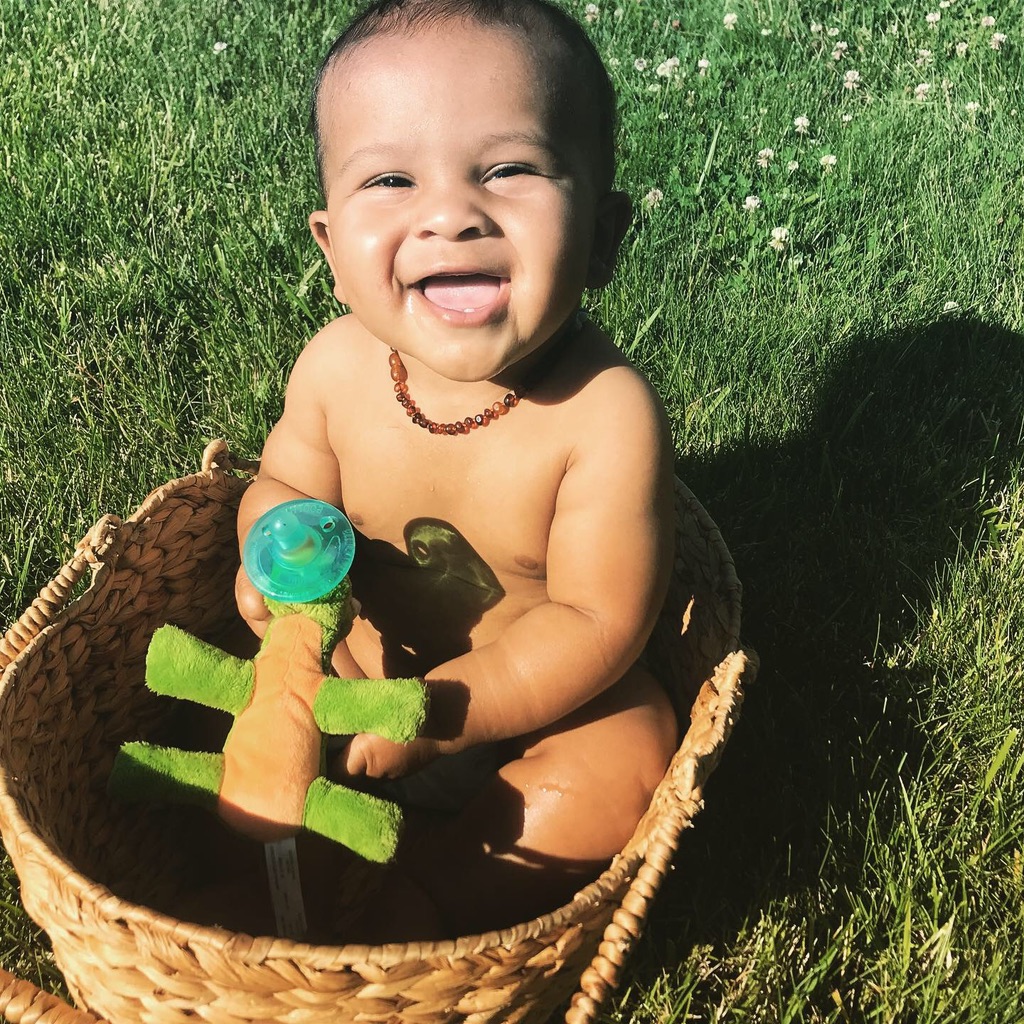
Research varies on whether or not speaking to your child in baby talk hinders their development. When my children were babies, the latest studies showed that it could slow development, so I tried to stay away from it. Since then, new research has come out saying it does no harm and that the exaggerated vowels and repetitive sounds can actually hold a toddler’s attention and give them clues about how to decode a sentence.
No matter how you choose to speak to your toddler, everyone can agree that talking can have a lifelong effect on his or her ability to learn the language and communicate with others. Reading, singing, and playing games are also great ways to build your child’s vocabulary.
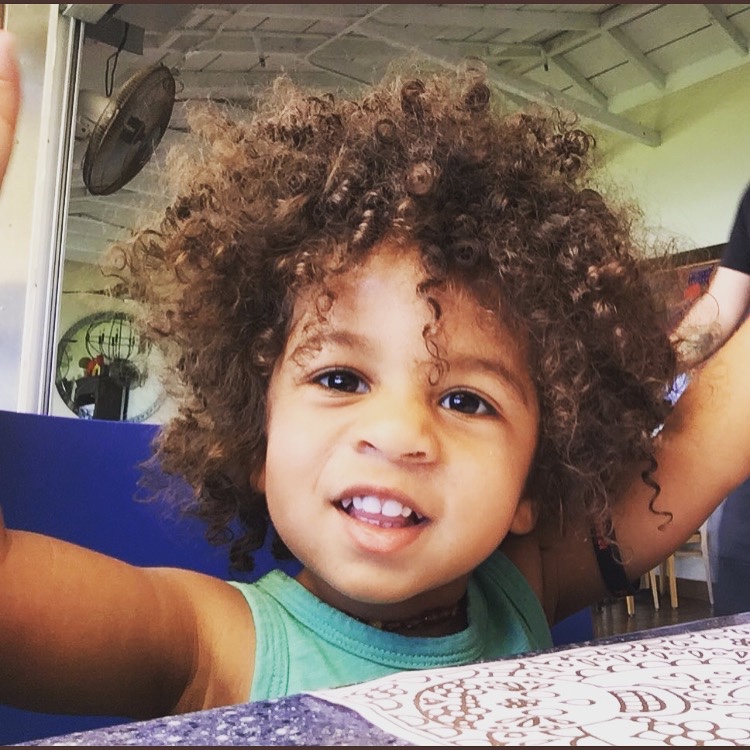
Don’t worry if your child’s verbal skills aren’t quite yet where they should be. Keep in mind that every child is different when it comes to their developmental milestones, and that girls generally develop their vocabulary skills sooner than boys. As long as they are listening to you speak to them, they are inching their way closer to being able to speak back to you themselves.
Even now, ten years later, I still find myself trying to explain difficult concepts. A couple of months ago my eleven year old daughter asked me something about how health insurance works and I launched into a long, detailed explanation. She finally stopped me and said, “Mom, I think that’s enough. You lost me at deductible, but I get the basic gist.”

Stacy is a mom, published fiction author, freelance writer and editor. Stacy works part-time as an accountant for a non-profit organization that helps children with special needs. She spends her afternoons at home working on her writing and helping her adolescent daughter with her homework. Faith plays a central role in her life including her parenting style.
